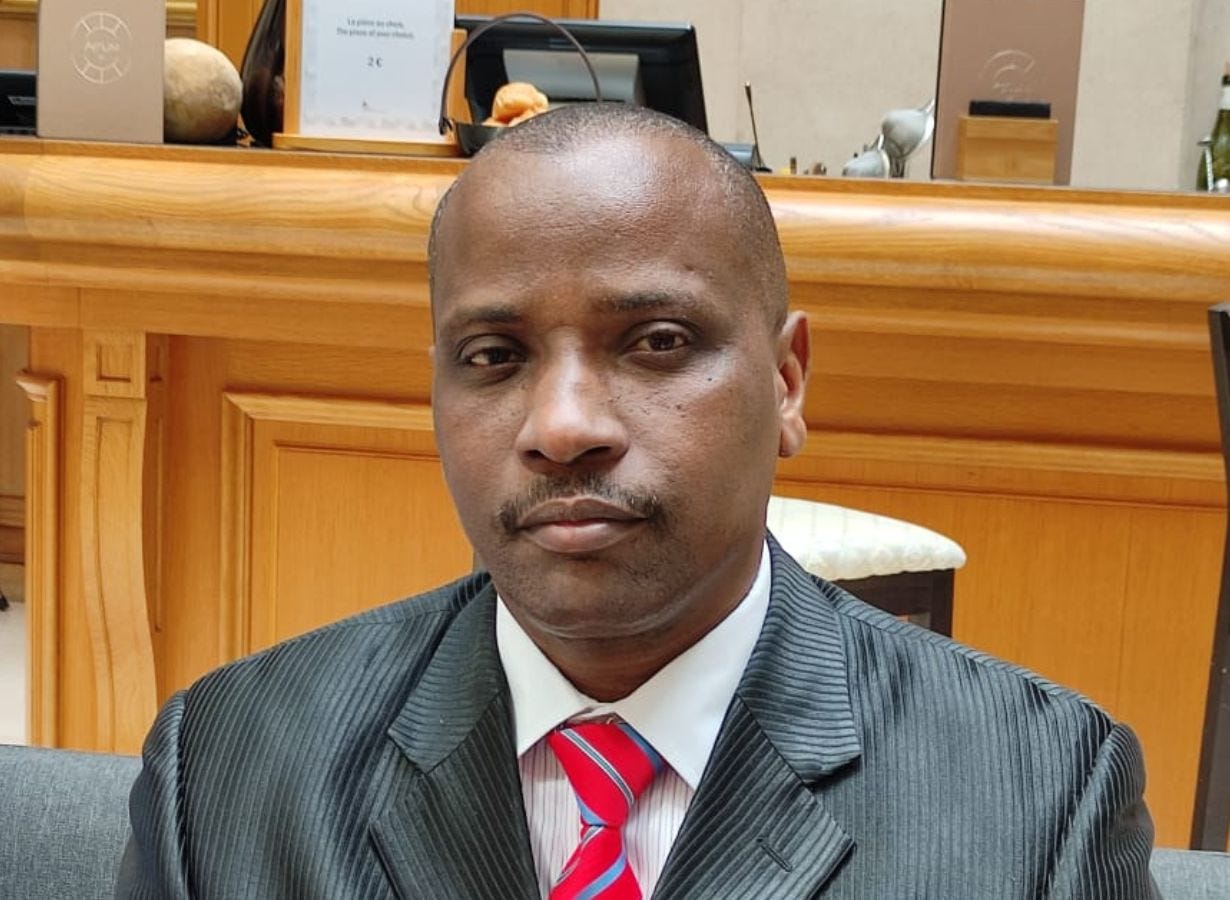West Africa's juntas. Products of military coups in Mali, Burkina Faso, and Niger. They have swept away dysfunctional governments, which were at their wits’ ends in the face of armed jihadists. The West, especially France, is unhappy. But as Dr. Paul Kananura of the Paris-based Institut Afrika argues, these coups are a lot more than mere unconstitutional power grab.
“The creation of the SSA undoubtedly shakes the established order in West Africa and on the global stage. It is a sign of a region in flux, seeking a new path towards self-determination and a more prominent role in the international arena.”
—Dr Paul Kananura
The Sahel region has emerged as a key zone of strategic influence in Africa and on the global stage. Following a series of coups d'état, military-led governments in the region came together to form the Sahel States Alliance (SSA).
This move—as reflected in their exit from the Ecowas, the regional group that had been hawkish against the military leaders—is an indication of a quest for greater sovereignty, and a desire to manage their security and economic partnerships independently.
The SSA prioritises mutual defence against asymmetric threats and aims to bolster regional coordination. This approach marks a shift away from reliance on foreign armies.
The reduction of foreign military presence allows the Sahelian States to exercise greater control over their territories and decision-making processes.
The new body transcends traditional regional integration models. It envisions a confederation fostering political, economic, social, and geopolitical cooperation.
This ambitious model seeks to move beyond trade-focused partnerships and establish new paradigms for economic development and international relations based on mutual interests and win-win collaborations.
King Mohammed VI's Atlantic Project aligns with these goals by facilitating trade, cultural exchange, and religious pilgrimage.
Increased access to the Atlantic Ocean will provide Sahelian countries with vital trade routes, potentially boosting economic recovery and reducing the appeal of extremist ideologies.
Challenges
“While the symbolic victories against jihadists in Kidal and Djibo, aided by Russian forces, indicate progress, the full picture remains unclear.”
—Dr Paul Kananura
This regional reconfiguration points at a break from past patterns of African leadership. The SSA embodies a vision of nation-building focused on sovereignty, self-reliance, ethical governance, and economic prosperity.
The growing influence of Russia and China in the region reflects a shift in global power dynamics. Western nations face competition for influence, with the US deploying drone bases to counter terrorist activity in the Gulf of Guinea.
This evolving situation requires an adjustment to meet the demands of a young, interconnected African population and a new generation of leaders seeking autonomy and responsibility.
While the symbolic victories against jihadists in Kidal and Djibo, aided by Russian forces, indicate progress, the full picture remains unclear.
Terrorist groups may be redeploying towards the Gulf of Guinea. This highlights the ongoing challenges and complexities of counter-terrorism efforts.
Furthermore, the long reliance on cooperation agreements, perceived by some as enriching elites at the expense of development, is being questioned.
The aspirations of the SSA and of Senegal under its new president, along with the declining role of France in the management of the CFA currency, suggests the currency's eventual demise. Yes, the future of the CFA franc seems uncertain.
The combined pressure of demographic shifts, economic concerns, and diplomatic competition puts its long-term viability in doubt.
The current system's perceived shortcomings present an opportunity for the SSA to pursue monetary sovereignty and break free from perceived dependence.
A gradual transition away from the CFA over a set period—of, say, 5 years—could be a viable solution to avoid economic disruption. This evolution of the monetary landscape is likely driven by both popular aspirations and the evolving geopolitical competition in Africa.
Sure, the emergence of the SSA creates significant uncertainties for West Africa. The divergence in approaches to political integration and economic policy could lead to the dissolution of regional bodies like Ecowas, UEMOA, and BCEAO.
Questions of regional cooperation and monetary policy are at the heart of these potential changes.
At any rate, the creation of the SSA undoubtedly shakes the established order in West Africa and on the global stage. It is a sign of a region in flux, seeking a new path towards self-determination and a more prominent role in the international arena.
About the author
Dr. Paul Kananura is a Senior International Expert in Public Policy, Governance, Geopolitics and Strategic Security at the Paris-based Institut Afrika. You could email the institute here.





